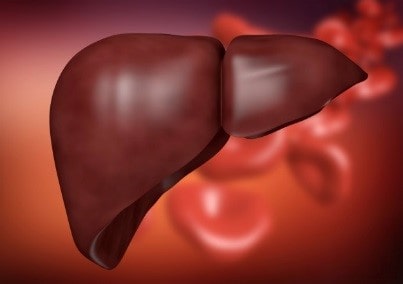
What is fatty liver disease?
The liver is the largest organ in the body. This organ helps your body digest food, store energy, and eliminate toxins. Fatty liver disease is a condition that causes dandruff in your liver.
There are two main types of fatty liver
-
Alcoholic fatty liver disease
-
Non-alcoholic fatty liver disease
Alcoholic fatty liver disease is caused by heavy alcohol consumption. Your liver breaks down most of the alcohol you drink, which allows alcohol to be expelled from the body. But the process of this decomposition can create harmful substances in the body. These substances can damage liver cells, increase inflammation, and weaken the body’s natural defenses. (The more alcohol you drink, the more damage you will do to your liver.( Serious liver damage is consequence of high level of drinking alcohol).
Alcoholic fatty liver disease is the first stage of alcohol-related liver disease. The next stages are alcoholic hepatitis and cirrhosis.
Who is at risk for alcoholic fatty liver disease?
Alcoholic fatty liver disease occurs only in people who overindulge in alcohol, especially people who drink alcohol for a long time. This risk is especially high in women (High risk drinking alcohol fatty liver disease) in women, people who are obese, or have a specific genetic mutation.
What are the symptoms of fatty liver disease?
Both non-alcoholic fatty liver disease and alcoholic fatty liver disease are usually a silent disease that shows few or no symptoms. If you have symptoms, you may feel tired or uncomfortable in the right upper abdomen. (Feeling tired or uncomfortable in the right upper abdomen may be symptoms of fatty liver disease.)
Nutrition and treatment regimen in alcoholic fatty liver
As the name implies, fatty liver disease means that a lot of fat accumulates in the liver. In a healthy body, the liver helps eliminate toxins and bile produces digestive proteins. The fatty liver disease damages the liver and prevents it from functioning. In general, the diet in fatty liver includes the following:
-
Fruits and vegetables
-
High fiber plants such as legumes and whole grains
-
Reduce consumption of sugar, salt, trans fats, refined carbohydrates, and saturated fats
-
Avoid alcohol
-
A low-calorie diet can help the patient lose weight and reduce the risk of fatty liver disease.
Ideally, if you are overweight, you should lose at least 10% of your body weight.
Foods and drinks you should eat to fight fatty liver
-
Coffee to reduce abnormal liver enzymes
-
Vegetables to prevent the accumulation of fats
-
Fish to reduce inflammation
-
Oats for energy supply
-
Walnuts to improve the liver
-
Avocado to help protect the liver
-
Milk and other low-fat dairy products to protect against liver damage
-
Sunflower seeds with antioxidant properties
-
Olive oil for weight control
-
Garlic helps the body to lose weight
-
Green tea to absorb less fat
Foods that should be avoided in alcoholic fatty liver
-
Alcohol
-
Sugar added
-
Fried foods
-
Salt
-
White bread, rice, and pasta
-
Read meat
Other recommendations for alcoholic fatty liver
-
Get more active. Exercise, along with diet, can help you lose extra weight and manage the liver disease. Have at least 30 minutes of aerobic exercise most days of the week.
-
Control your cholesterol and triglyceride levels. If diet and exercise are not enough to lower your cholesterol, ask your doctor about taking medication.
-
Control of diabetes. Diabetes and fatty liver disease often occur together. Diet and exercise can help you manage both.(Both can be controled by diet and exercise.) If your blood sugar is still high, your doctor may prescribe medication to lower it.




